Keywords: Indigenous Voice
-
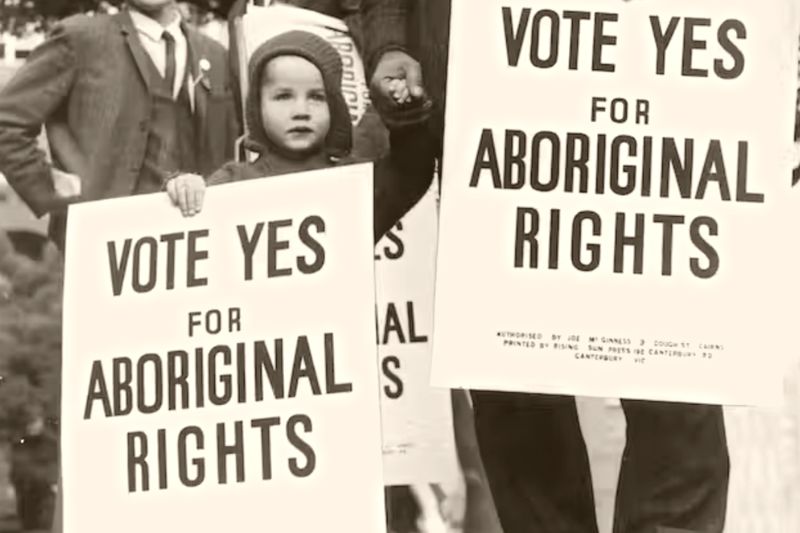
AUSTRALIA
- Frank Brennan
- 05 June 2023
19 Comments
The wording of the proposed change to the Australian Constitution to enshrine a First Nations Voice might not be perfect. But whatever the imperfections and the risk of future complications, it is high time that Australia’s First Peoples were recognised in the Constitution in a manner sought and approved by a broad cross-section of Indigenous leaders.
READ MORE
-
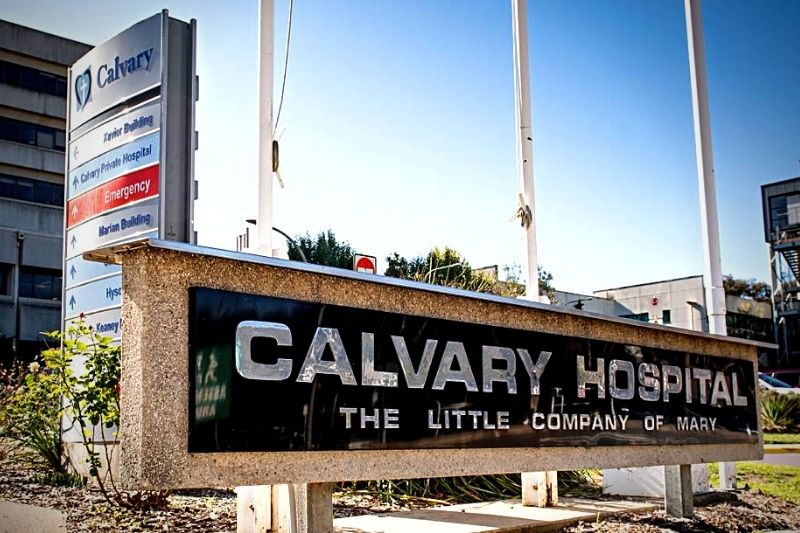
AUSTRALIA
- John Warhurst
- 01 June 2023
25 Comments
Amidst escalating tensions, the ACT government's move to acquire Calvary Public Hospital is facing strong backlash from the church. With claims of hasty decision-making and allegations of anti-religion bias dominating the discourse, this crisis highlights the societal shift towards secularism and questions the role of religious entities in managing public services.
READ MORE
-
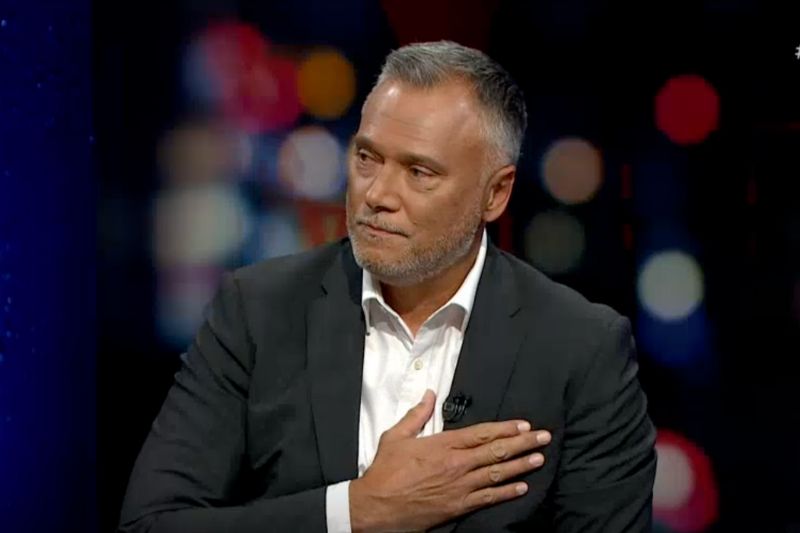
MEDIA
- Andrew Hamilton
- 31 May 2023
19 Comments
The departure of Stan Grant from his role at the ABC following racial abuse triggers collective dismay and brings to light the deeply rooted issue of racism in Australia. His exit from public life is a sobering reminder of the societal toll of bigotry, and underscores the urgent need to safeguard our public intellectuals.
READ MORE
-
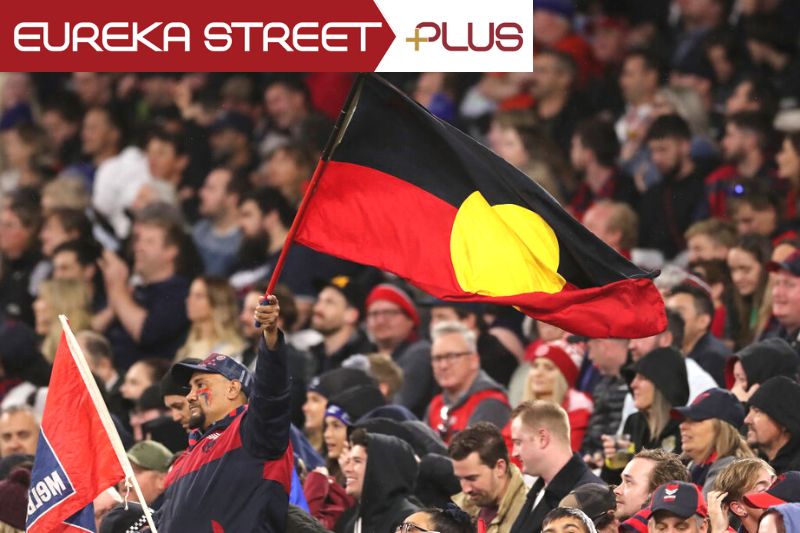
AUSTRALIA
- Michael McVeigh
- 29 May 2023
1 Comment
Amid the tumult at North Melbourne Football Club, President Dr. Sonja Hood poses a potent question on reconciliation and institutional hurt. As the Indigenous Voice referendum looms, her query underscores a national quest for trust-building and healing, challenging us to consider the hard conversations that could change the narrative.
READ MORE 
-
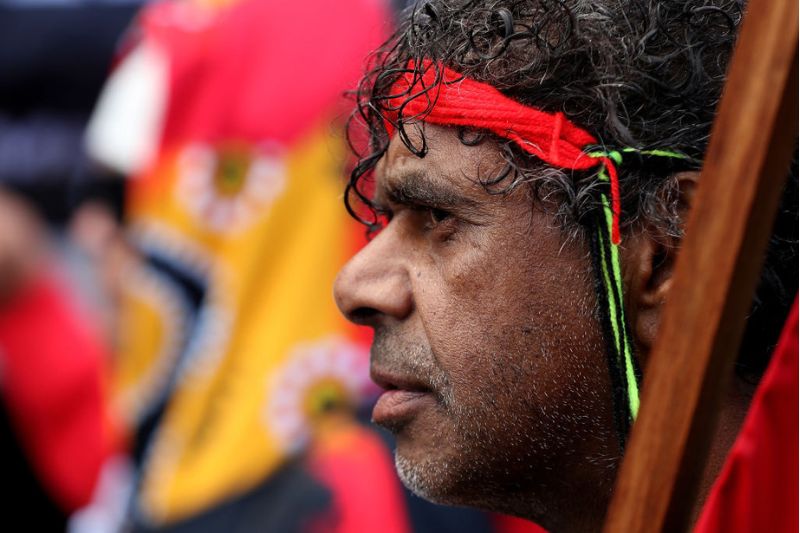
AUSTRALIA
- Celeste Liddle
- 10 May 2023
17 Comments
Later this year, Australians will vote on a referendum to enshrine an Indigenous Voice to Parliament, but many Indigenous Australians remain undecided, reflecting the complexities of the issue. The debate over the Voice to Parliament extends beyond the referendum question to encompass broader concerns about the constitution, treaties, and achieving true equality.
READ MORE
-

AUSTRALIA
- Michael McVeigh
- 05 May 2023
1 Comment
Recent books Statements from the Soul and An Indigenous Voice to Parliament explore different perspectives on the Uluru Statement, including the relationship between the land and Indigenous people and the legal impact of the proposed constitutional change, while demonstrating the need to appeal to hearts and minds in rallying support for an Indigenous Voice.
READ MORE 
-
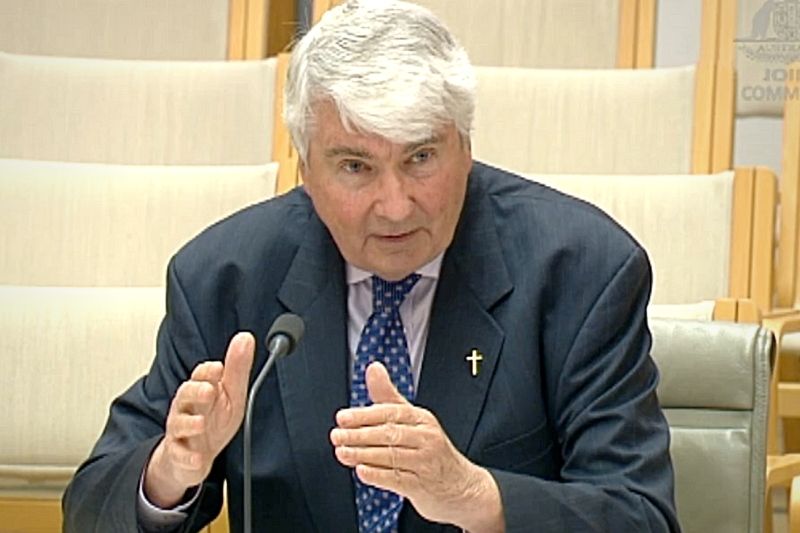
AUSTRALIA
- John Warhurst
- 04 May 2023
20 Comments
Frank Brennan's book An Indigenous Voice to Parliament: Considering a constitutional bridge is an urgent contribution to this important national debate around the shaping of the Voice and the referendum question. It is a book concerned with what’s likely to be successful rather than a manual on how to vote.
READ MORE
-
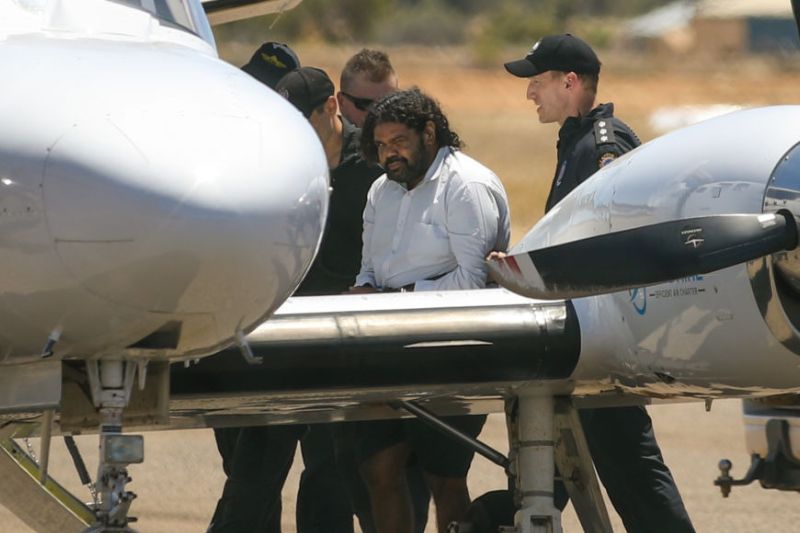
AUSTRALIA
- Brian McCoy
- 19 April 2023
13 Comments
Terence Darrell Kelly is not an isolated example of the intergenerational trauma that colonisation has brought to many Aboriginal and Torres Strait Islander people. As Australia grapples with the ongoing effects of colonisation, including the dispossession of land and culture, the need to listen to voices of Indigenous communities becomes increasingly urgent.
READ MORE
-
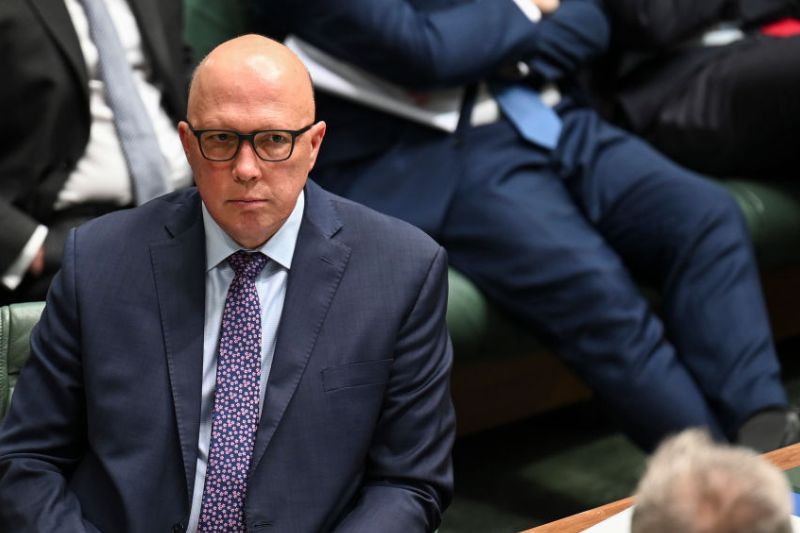
AUSTRALIA
- James Massola
- 05 April 2023
17 Comments
Peter Dutton confirmed the Liberal party will oppose to the Indigenous Voice to parliament, putting him at odds with a new prime minister, Indigenous leaders, and community sentiment. With the Aston byelection defeat, concerns have arisen over the party's direction and the narrowing path back to the Lodge.
READ MORE
-
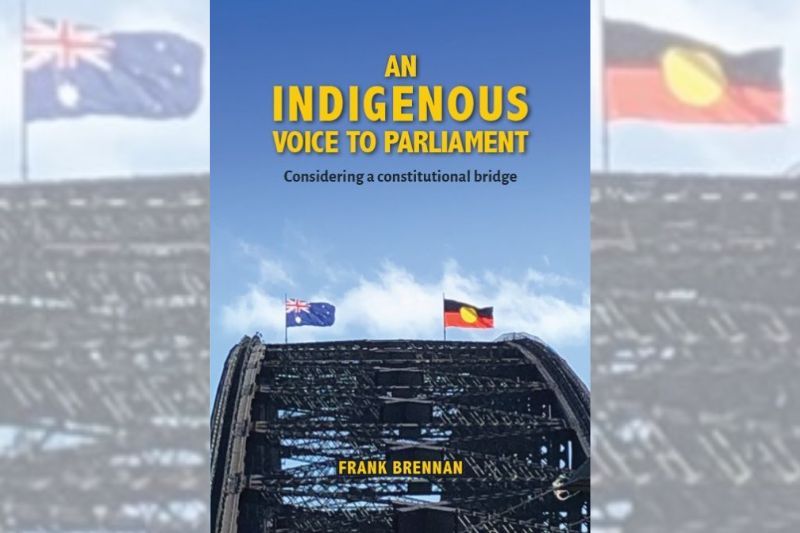
AUSTRALIA
- Andrew Hamilton
- 30 March 2023
4 Comments
Frank Brennan’s book An Indigenous Voice to Parliament is important in pointing out the difficulties facing the Referendum, the conditions to be met if it is to be passed, and in implicitly judging the current state of play.
READ MORE
-
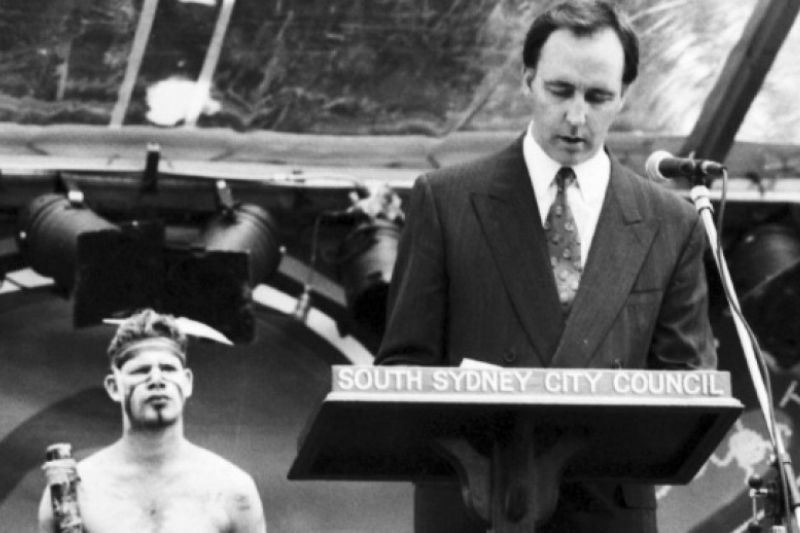
AUSTRALIA
- Kevin Keeffe
- 16 March 2023
10 Comments
Despite the lack of formal consultation with Indigenous peoples at the time, Paul Keating invested significant political capital in designing the Native Title Act and establishing a comprehensive social justice package. As the debate on the Voice intensifies, Indigenous Australians should be afforded the right to offer their Voice and be heard on issues as fundamental as native title.
READ MORE
-
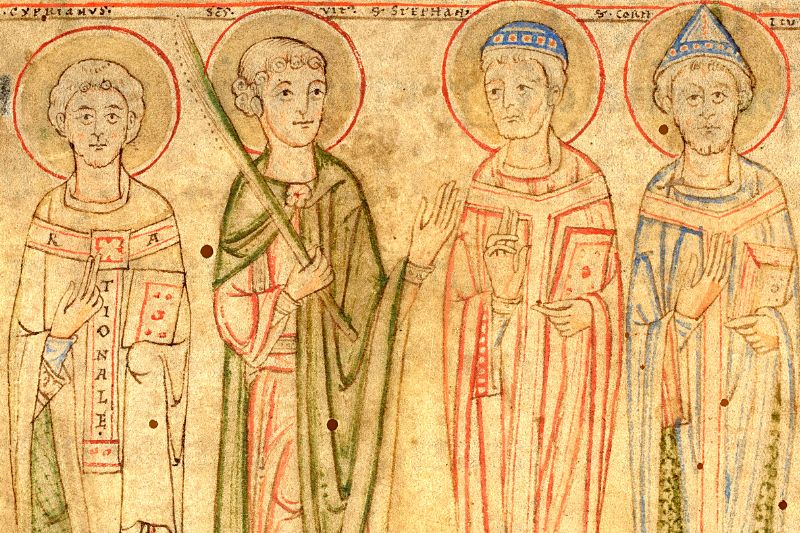
RELIGION
- Constant Mews
- 22 February 2023
2 Comments
Words get tired, and need to be reinvented, to recapture their original meaning. Synodality is simply the most recent way of regenerating traditions of consultation that go back to the earliest days of the Church.
READ MORE